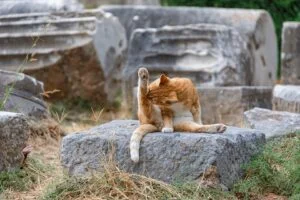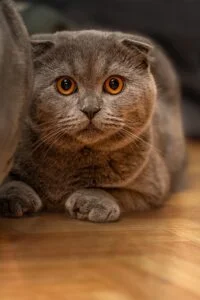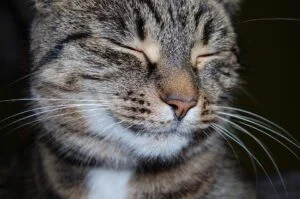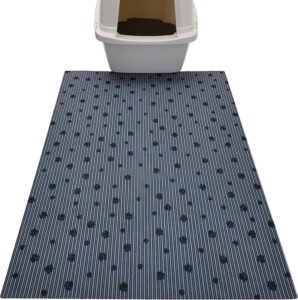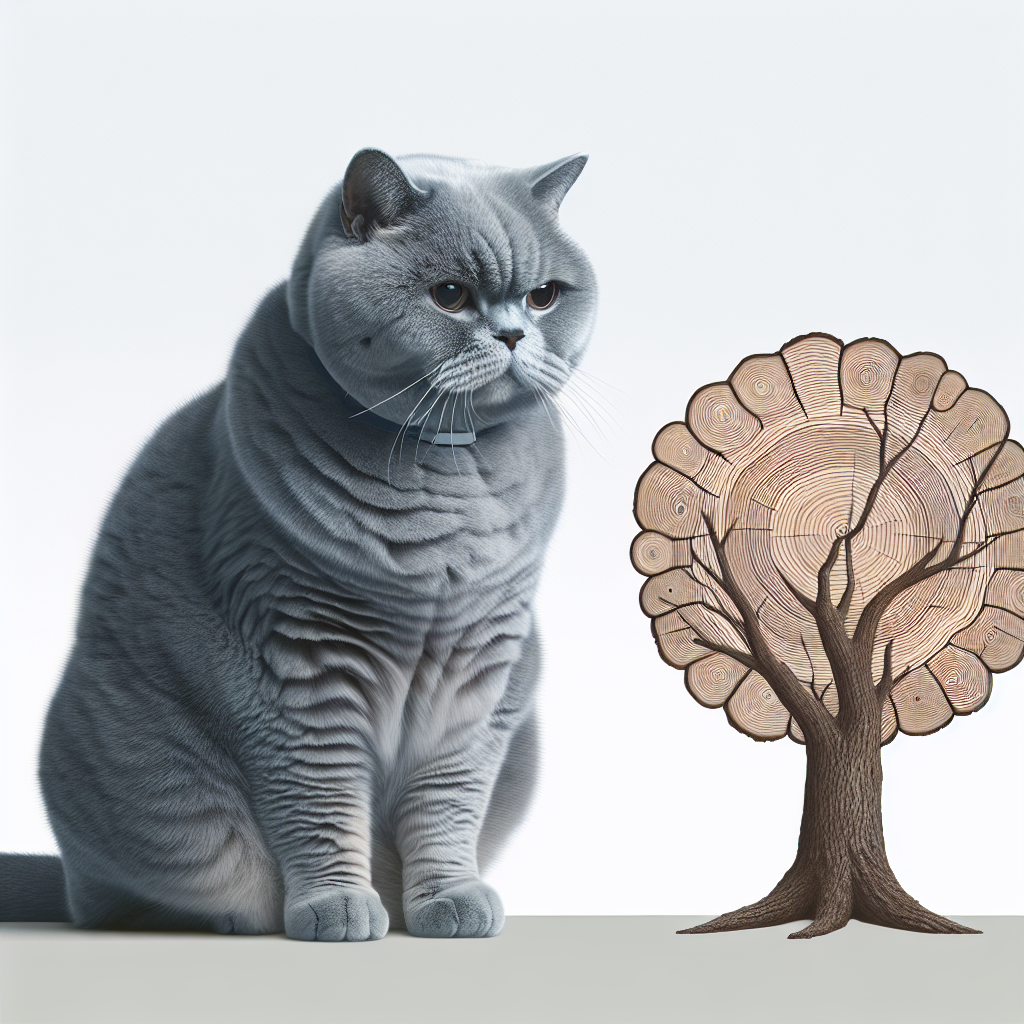
The British Shorthair is a popular and well-loved breed of cat known for its distinctive appearance, gentle temperament, and robust health. One of the most notable features of the British Shorthair is its impressive longevity. With proper care and attention, these cats can live well into their teens and even early twenties. In this article, we will explore the factors that contribute to the British Shorthair’s longevity, including genetics, diet, exercise, and healthcare.
Genetics play a significant role in determining a cat’s lifespan, and the British Shorthair is no exception. This breed is known for its strong and robust constitution, which is the result of careful breeding practices over many generations. By selecting for cats with desirable traits such as good health, longevity, and resistance to disease, breeders have been able to create a breed that is genetically predisposed to live long and healthy lives. This genetic resilience is one of the key factors that contribute to the British Shorthair’s longevity.
Another important factor in ensuring the longevity of a British Shorthair is providing a balanced and nutritious diet. Like all cats, British Shorthairs require a diet that is high in protein and low in carbohydrates. This means feeding them a diet that is rich in meat-based protein sources, such as chicken, turkey, and fish. It is also important to provide them with a variety of different foods to ensure they are getting all the nutrients they need to thrive. In addition to a healthy diet, it is also important to provide fresh water at all times and to monitor their weight to prevent obesity, which can lead to a variety of health problems and shorten their lifespan.
Exercise is another important factor in maintaining the longevity of a British Shorthair. While these cats are known for their laid-back and easygoing nature, they still require regular exercise to stay healthy and fit. This can be as simple as providing them with toys to play with, a scratching post to climb, or even a cat tree to explore. Regular playtime and exercise not only help to keep them physically fit but also provide mental stimulation, which is important for their overall well-being.
Regular healthcare is also essential for ensuring the longevity of a British Shorthair. This includes regular check-ups with a veterinarian, vaccinations, and parasite prevention. It is also important to have your cat spayed or neutered to prevent unwanted litters and reduce the risk of certain health problems. In addition to regular veterinary care, it is also important to monitor your cat’s health at home and to be on the lookout for any changes in their behavior or appearance that could indicate a health problem. By catching potential issues early and seeking prompt veterinary care, you can help ensure that your British Shorthair lives a long and healthy life.
In conclusion, the British Shorthair is a breed of cat known for its longevity, with some individuals living well into their teens and even early twenties. By providing them with a balanced diet, regular exercise, and proper healthcare, you can help ensure that your British Shorthair lives a long and healthy life. Genetics also play a significant role in determining a cat’s lifespan, and the British Shorthair’s strong and robust constitution is a result of careful breeding practices over many generations. By understanding and addressing the factors that contribute to their longevity, you can help ensure that your British Shorthair remains a beloved member of your family for many years to come.
